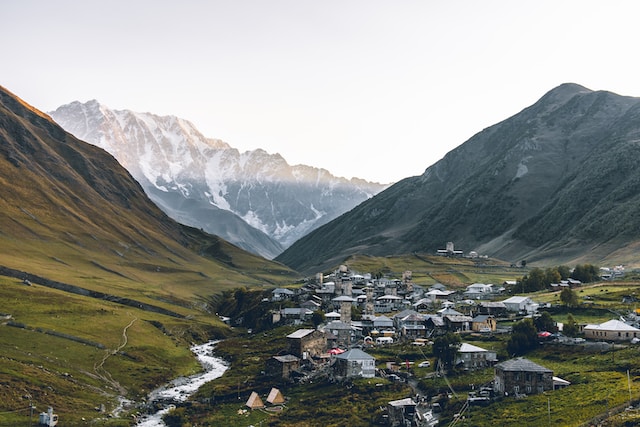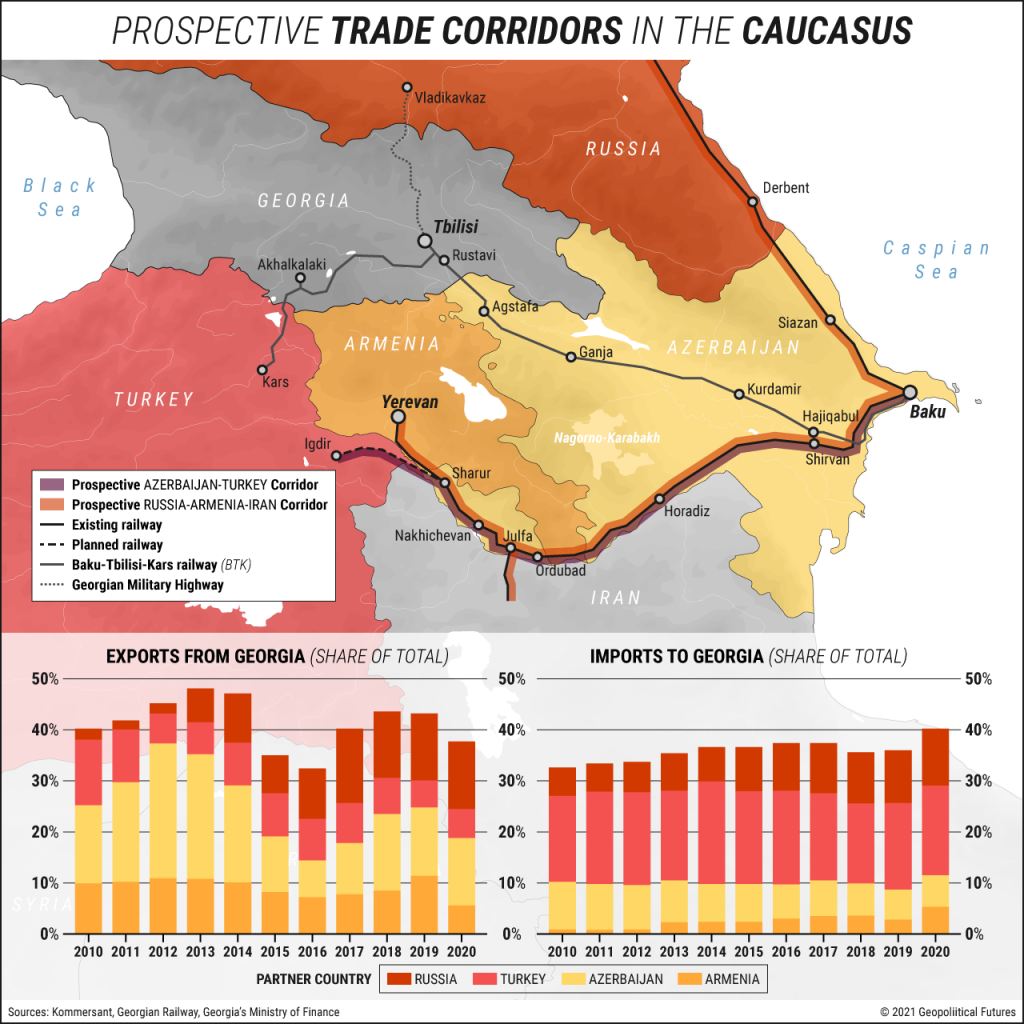The Caucasus Region: A Crossroads of Cultures and Geopolitics
Related Articles: The Caucasus Region: A Crossroads of Cultures and Geopolitics
Introduction
With enthusiasm, let’s navigate through the intriguing topic related to The Caucasus Region: A Crossroads of Cultures and Geopolitics. Let’s weave interesting information and offer fresh perspectives to the readers.
Table of Content
The Caucasus Region: A Crossroads of Cultures and Geopolitics
![Geopolitical map of the Caucasus region [2000x1897] : MapPorn](https://external-preview.redd.it/8wtUR14jKXvkqkMTZtfstlFcOCeczttmDuVG4ODS_fA.png?auto=webpu0026s=5fe32311639e62b94ba065822bc8193bb84d0feb)
The Caucasus region, nestled between the Black Sea and the Caspian Sea, holds a unique position in the world. A geographical bridge connecting Europe and Asia, it boasts a rich tapestry of cultures, languages, and landscapes. Understanding the Caucasus region map is crucial for comprehending its complex history, intricate politics, and significant role in global affairs.
A Diverse Mosaic of Landscapes and Peoples:
The Caucasus region is a geographical marvel, encompassing a diverse range of landscapes, from snow-capped mountains to fertile valleys. The Greater Caucasus range, a formidable mountain chain, divides the region into the North Caucasus, primarily part of Russia, and the South Caucasus, comprising Armenia, Azerbaijan, and Georgia. The region is also home to a multitude of ethnic groups, each with its own distinct language, traditions, and history. From the Abkhaz and Ossetians in the north to the Armenians and Azerbaijanis in the south, the Caucasus is a true melting pot of cultures.
A History Shaped by Empire and Conflict:
The Caucasus region has a long and turbulent history, marked by empires, conflicts, and periods of relative peace. The region has been a battleground for various powers, including the Persian, Ottoman, Russian, and Soviet empires. The collapse of the Soviet Union in 1991 ushered in a new era of independence for the South Caucasus republics, but it also led to a resurgence of ethnic tensions and conflicts. The Nagorno-Karabakh conflict between Armenia and Azerbaijan, as well as the ongoing conflicts in Abkhazia and South Ossetia, highlight the region’s fragile stability.
Strategic Significance and Geopolitical Importance:
The Caucasus region occupies a strategically important position, acting as a conduit for trade and energy resources. The region is rich in oil and natural gas reserves, making it a crucial player in global energy markets. The Baku-Tbilisi-Ceyhan (BTC) pipeline, which transports oil from Azerbaijan to Turkey, is a testament to the region’s strategic significance. The Caucasus is also a key transit route for goods moving between Europe and Asia, further enhancing its geopolitical importance.
Cultural Heritage and Tourism Potential:
The Caucasus region boasts a rich cultural heritage, reflected in its ancient traditions, vibrant arts, and architectural masterpieces. From the medieval monasteries of Armenia to the ancient Silk Road cities of Azerbaijan, the region offers a unique blend of history, culture, and natural beauty. Tourism is increasingly becoming an important sector in the Caucasus, attracting visitors seeking authentic experiences and breathtaking landscapes.
Challenges and Opportunities:
Despite its immense potential, the Caucasus region faces numerous challenges. Political instability, ethnic conflicts, and economic disparities pose significant obstacles to development and stability. However, the region also presents a range of opportunities for economic growth and regional cooperation. The development of infrastructure, the promotion of trade, and the fostering of cultural exchange can contribute to a more prosperous and stable future.
Understanding the Caucasus Region Map:
The Caucasus region map provides a visual representation of the region’s complex geography and political landscape. It highlights the diverse ethnic groups, the major mountain ranges, and the key cities and transportation routes. Understanding the map is crucial for comprehending the region’s history, politics, and economic potential.
FAQs about the Caucasus Region Map:
- What are the main ethnic groups in the Caucasus region? The Caucasus is home to numerous ethnic groups, including Armenians, Azerbaijanis, Georgians, Abkhaz, Ossetians, Chechens, Dagestanis, and many others.
- What are the major mountain ranges in the Caucasus region? The Greater Caucasus range, the Lesser Caucasus range, and the Pontic Mountains are the main mountain ranges in the region.
- What are the key cities in the Caucasus region? Some of the major cities include Yerevan (Armenia), Baku (Azerbaijan), Tbilisi (Georgia), Grozny (Chechnya), Makhachkala (Dagestan), and Vladikavkaz (North Ossetia).
- What are the main transportation routes in the Caucasus region? The region is connected by road, rail, and air networks. The Transcaucasian Highway, a major road route connecting the three South Caucasus republics, is of significant importance.
Tips for Studying the Caucasus Region Map:
- Pay attention to the geographical features: The mountains, rivers, and seas play a crucial role in shaping the region’s history and culture.
- Identify the major cities and towns: Understanding the location of key urban centers helps in comprehending the region’s economic and political dynamics.
- Explore the ethnic distribution: The map can reveal the diverse ethnic makeup of the region, providing insight into cultural and political complexities.
- Study the transportation routes: Identifying the major roads, railways, and pipelines helps in understanding the region’s connectivity and strategic importance.
Conclusion:
The Caucasus region is a complex and fascinating region, rich in history, culture, and natural beauty. Understanding the Caucasus region map is essential for comprehending the region’s intricate dynamics, from its diverse ethnic groups and challenging political landscape to its strategic significance and economic potential. By studying the map and engaging with the region’s history, culture, and challenges, we can gain a deeper appreciation for this crucial and often overlooked part of the world.








Closure
Thus, we hope this article has provided valuable insights into The Caucasus Region: A Crossroads of Cultures and Geopolitics. We hope you find this article informative and beneficial. See you in our next article!